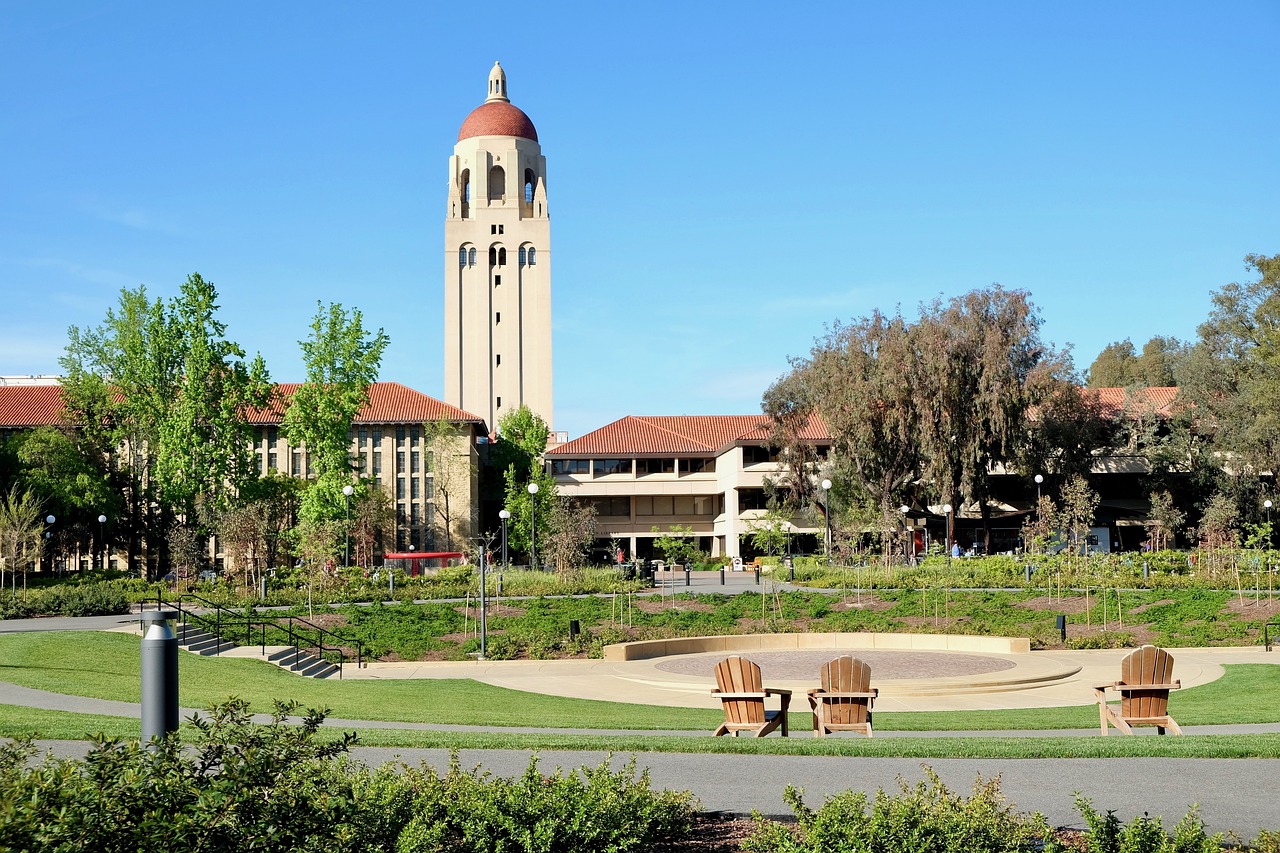With the competitiveness of medical school admissions, pre-med students are constantly looking for ways to “get ahead” and improve their application. We commit hundreds of hours to volunteering and gaining clinical experience while taking on a full course load. We conduct research and work part-time while also taking anatomy and organic chemistry. We work hard—really hard.
So, what can we do to increase the odds that all this hard work will pay off? How do we successfully leverage our extracurricular experiences so that we can go from college freshman to M1?
Choose Wisely
When selecting an extracurricular activity to pursue, it’s important to choose wisely and for the right reasons. To start, let’s go over some misguided, but all too common, reasons for selecting an extracurricular activity:
- “It will look good on my application.”
- “All my pre-med classmates/friends are doing it.”
- “So-and-so told me that I have to do [research, an international service trip, etc.] to get into medical school.”
If these are the only criteria you use when selecting your extracurricular activities, you may find yourself frustrated and burnt out after dedicating countless hours to an experience that does not align with your interests, goals, and natural gifts.
Here are some “right reasons” for selecting an extracurricular activity:
- “I’m passionate about this cause.”
- “I think I would like to work in this specialty one day.”
- “This activity is personally meaningful to me.”
- “I’m excited about participating and I can tell that this experience will force me to stretch and grow as a person.”
- “I don’t know if I’ll like this or not, but I’m genuinely curious and want to try.”
- “This activity aligns with my interests, skills, and/or abilities.”
- “I want to learn more about this and how I can make a difference.”
How to Choose Your Medical School Activities
You should not choose to participate in an extracurricular activity simply to “check a box” or to make yourself look more impressive to a medical school admissions committee. You should seek out activities that you are passionate, excited, and/or curious about, regardless of whether they are directly related to medicine.
If you’d rather be president of the mountain biking club than work in a research lab, that’s completely okay. If you’d rather volunteer with a local food bank than in the emergency department, that’s completely okay too.
An important aside here: there are some consistent things that medical schools are looking for in their applicants. They want someone who is intellectually curious, service-oriented, kind, empathetic, hard-working, trustworthy, culturally competent, and resilient. They want someone who has a realistic view of what being a physician is like and who is aware of the sacrifices necessary to become a physician. They want someone who has leadership potential, but who is also humble enough to ask for help and admit when they’re wrong.
However, it is completely up to you to determine how you will develop these qualities and later convey them through your application to medical school. Whether you are the president of your fraternity or sorority or president of the premed club on campus, both communicate to admissions committees that you have valuable leadership experience. Whether you conduct marine biology research or cancer research, both show that you are intellectually curious and are familiar with research standards and protocols.
Further Reading
For a more detailed list of what medical schools are looking for in their applicants, I would encourage you to review the AAMC’s “Core Competencies for Entering Medical Students.”
Rather than trying to fit yourself into a stereotypical “premed mold,” focus on developing these qualities through whatever activities and experiences you are most passionate about. Doing so will lead to greater joy throughout your premed journey, improve performance in your extracurricular activities (we tend to put forth more effort when we enjoy what we’re doing), and a more authentic application to medical school.
Lastly, your interviewers will be able to tell if you really enjoyed your extracurriculars or not—passion is both hard to hide and hard to fake.
Depth, Not Breadth
Imagine you’re an admissions officer at your dream medical school. Two applicants with identical GPAs and MCAT scores come across your desk. Their personal statements are of similar quality, and they both went to the same university. The only difference between them is found in the “Work and Activities” sections of their applications.
Applicant A volunteered with ten different nonprofits but only dedicated 10 hours to each of them. He worked on three different research teams but only stuck with each project for about four months. He was a member of five clubs and a fraternity but never held a leadership position.
Applicant B volunteered with one nonprofit for a total of 100 hours. She worked on one research team for an entire calendar year. She was only in one club, but she was president of that club for two years.
Now, who would you want to invite for an interview? And who do you think has stronger letters of recommendation?
Both applicants put the same amount of time into their extracurricular activities, but applicant B is much more likely to receive an interview invitation. She chose to stick with a few experiences she was passionate about for the long term rather than bounce from activity to activity and club to club. She demonstrated determination, resilience, and patience, while applicant A raised red flags as to whether he can commit to anything long-term.
Rather than trying to make your resume look like a CVS receipt (if you know, you know), commit yourself to a few meaningful activities and focus on making a sustained, lasting impact. Continue developing your grit and determination—you’ll definitely need them in medical school.
Be a Good Person
In addition to giving your best in whatever activity you’re involved in, you should also be aware of how you are treating and interacting with the people around you. Simply being kind, humble, and helpful can go a long way in enhancing their experience (as well as yours) while also setting the stage for you to ask for a letter of recommendation later on.
Before we go any further, I want to be clear that I’m NOT saying you should try to schmooze and manipulate your way to a strong letter of recommendation. What I am saying is that you should recognize that the way you carry yourself during your extracurricular experiences is extremely important and has the potential to make or break your medical school application.
Even if you were the top performer on your sports team, the hardest worker at your job, or the most dedicated research assistant, that won’t matter if you were a complete jerk to your teammates, coworkers, or fellow students. A poor attitude and/or a lack of character will make it much more difficult for your supervisor, professor, coach, or principal investigator to write a strong letter of recommendation on your behalf.
The importance of this point extends well beyond just getting a strong letter of recommendation. Developing humility, patience, kindness, and empathy will be essential to your success as a medical student and future physician.
Keep an Experience Log
When the time comes for you to list your experiences on your medical school application, you will need the following details for each of them:
- Experience Name
- Organization Name
- Start Date
- End Date
- Completed Hours
- Location (Country, State, City)
- Name, professional title, and email address or phone number of someone who can serve as a reference for that experience (supervisor, manager, coach, professor, etc.)
Experience Description
I strongly recommend keeping a detailed log of your premed experiences AS you do them (not three years after the fact).
*Note that you will not be able to edit the sheet directly, but you can make your own copy (File>> Make a copy) or copy and paste the template into your own Google Sheet or Excel doc. I don’t know about you, but I can’t remember what I had for dinner three nights ago, let alone how many hours I volunteered at a nonprofit three years ago. Keeping a detailed log of all this information as you go will save you a tremendous amount of time and stress while filling out your medical school application.
Reflect on Your Experiences
In addition to keeping a log of all the nitty-gritty details of your experiences, it is also important to take the time to reflect on how each experience impacted you—what it taught you, what you learned about yourself, and what you learned about medicine as a profession. Notice I said “how the experience impacted you,” not “how you impacted others.”
You can absolutely include the specific contributions you made in your application, but it is also important for medical schools to see how you have grown and changed resulting from your experiences.
I would encourage you to ask yourself some of the following questions while completing the “Experiences” section of your application:
- How did you grow or change because of the experience?
- What did you learn about yourself?
- What did you learn about medicine as a profession?
- What did you learn about serving others?
- What did you learn about other cultures?
- What did you learn about healthcare as a system?
- How (if at all) have your goals changed after this experience?
Reflecting on these questions will not only help you complete the “Work and Activities” or “Experiences” sections of your application; it will also help you increase your self-awareness and gain greater clarity as to what it is you want out of a career in medicine.
Regardless of where you are in your premed journey, Blueprint Test Prep is here to help when you’re ready to take the MCAT. Whether you need the flexibility of a Self-Paced Course, the instruction of a Live Course, or 1:1 assistance of a private MCAT tutor, Blueprint MCAT has the MCAT prep option that works for your learning style!
Get started with a free MCAT diagnostic, one free practice exam, and tons more MCAT prep resources.




